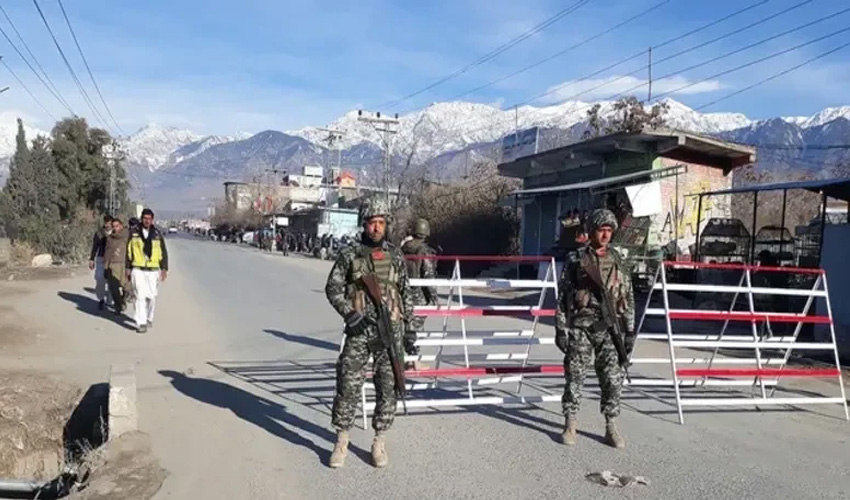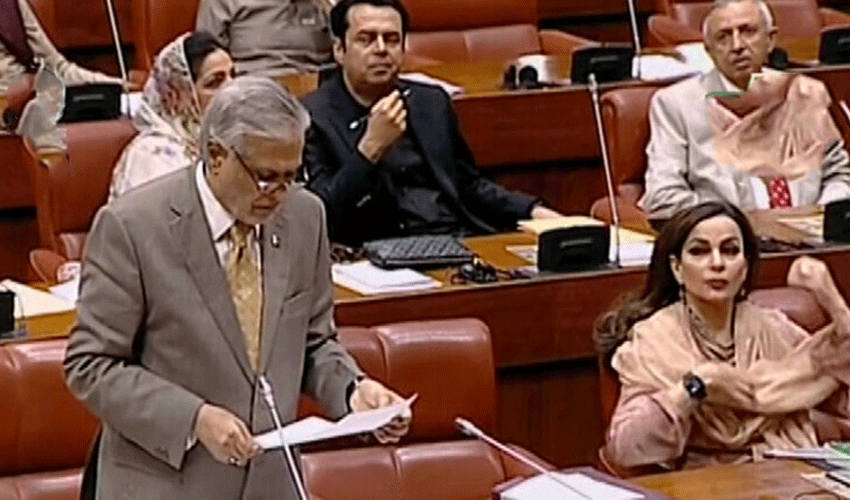The Kurram district of Khyber Pakhtunkhwa is preparing for a potential major military operation against terrorists as tensions escalate in the region, particularly in Lower Kurram.
The district administration has announced the establishment of temporary displacement camps (TDPs) to accommodate the affected population during the operation.
The operation follows a deadly ambush on a supply convoy, which killed at least 14 people, including security personnel and civilians, and left several others wounded.
RELATED: Security official martyred, 4 injured in attack on Kurram convoy
The bodies of six individuals, including five drivers, were recovered the following day, intensifying the urgency for immediate relief measures and a military response.
Camps for displaced persons
In light of the growing violence and the planned military operation, the Deputy Commissioner of Kurram, Gohar Zaman Wazir, issued a notification to set up camps for displaced families in various parts of the district.
The TDP camps are being established in strategic locations across Lower Kurram to ensure the safety and well-being of those affected by the ongoing conflict.
The notification outlines that camps will be set up in several key facilities, including the Government Boys Degree College, Tal, the Government Technical College, Rescue 1122 compound, and the judicial building, all of which are currently under construction. These sites have been selected to provide temporary shelter and necessary support to families who may be displaced as a result of the counter-terrorism operations.
The district administration has also reached out to the provincial relief department for further assistance in the establishment of these camps. A committee has been formed under the supervision of the Additional Deputy Commissioner to oversee the logistics and ensure that all displaced individuals receive adequate shelter and aid during the operation.
Ongoing violence and failed peace deals
Kurram district has long been a hotspot for violence, with sectarian tensions and terrorist activities wreaking havoc on local communities. Over the past few months, the region has seen a significant upsurge in fighting. Since November last year, approximately 150 people have been killed in clashes between rival groups, with the situation worsening despite repeated peace efforts.
The most recent wave of violence began when two convoys, traveling under police escort, were ambushed, resulting in the deaths of 40 people. The latest ambush, which targeted a convoy of 35 vehicles carrying much-needed supplies, including food and medicine, has only exacerbated the already volatile situation. The attack, which took place on Thursday, led to the deaths of at least eight people, including security personnel, drivers, and civilians.
In retaliation, security forces launched an offensive that resulted in the deaths of six assailants. Despite such actions, the violence has continued unabated, undermining the multiple peace deals brokered by the Khyber Pakhtunkhwa government and tribal leaders.
The most recent peace agreement was signed on January 1, but just days after, an aid convoy on its way to Kurram was ambushed, leaving several local officials and their security escorts wounded. This attack raised serious doubts about the sustainability of peace agreements in the region, as violence appears to persist despite these efforts.
Aid shortages and public grievances
As the region faces increasing instability, the delivery of aid has been sluggish. Only two consignments of relief goods have been dispatched to Kurram in the past two weeks, with the latest one arriving on January 14.
However, local residents have expressed dissatisfaction with the aid they have received, claiming that it is "not good enough" to meet the growing needs of the displaced population.
Furthermore, the helicopter service that facilitates the transfer of patients from Kurram has been suspended for the past ten days, leaving many in urgent need of medical assistance without a viable means of transport.
The situation has worsened the already dire circumstances in the region, with locals urging the authorities to expedite the delivery of aid and resume essential services.



























